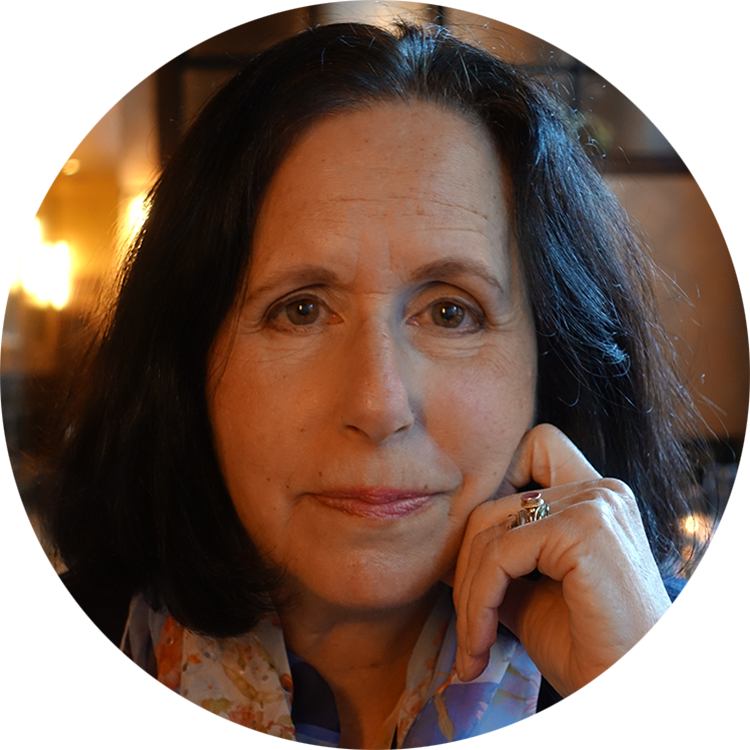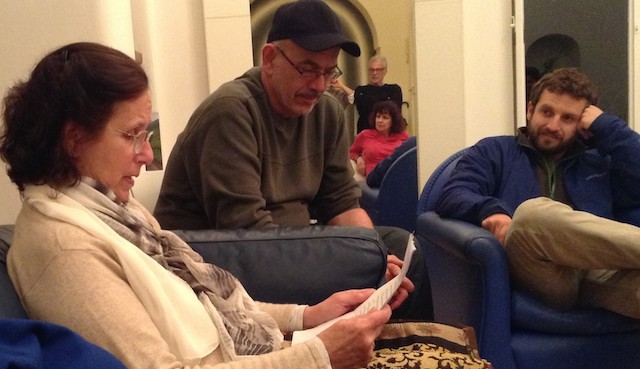
Shelly Wagner is in trouble. Broke and ready to gamble her last dollar on a Super Lotto ticket, she really needs some help.
A long time ago something terrible happened to Carla Patterson and now the Wish Granters offer her one wish that could change her life.
Emma takes a chance on love one magic Christmas, in a Sottish village far away from home with a little help from The Wish Granters.
“We swim in the soup we’ve made,’ the protagonist of LB Gschwandtner’s compulsively readable novel, The Other New Girl, observes. The ingredients of this dark and disturbing coming-of-age novel include adolescent cruelty, religious hypocrisy, and the sadder-but-wiser perspective of the adult who dares to look back. Gschwandtner asks the question ‘Do we ever really get over high school?’ Like me, other readers may ponder that question for themselves as they race through this harrowing and heartbreaking tale of the aftereffects of power misused. I was riveted.”
—Wally Lamb, author of six New York Times best-selling novels, including The Hour I First Believed and She’s Come Undone, and was twice selected for Oprah’s Book Club
 Reading New Work
Reading New WorkLB Gschwandtner reading a scene from The Other New Girl at a workshop In Praiano, Italy. It’s at such workshops where writers have the singular opportunity, while in the process of constructing a book, to learn from accomplished writers who also teach the process of story telling. At this particular workshop Wally Lamb, Sue Levine, Lary Bloom and all the workshop participants were the first readers who helped me bring this new book to life on the page. How special is this process? It is essential. The writers who teach workshops give to new writers a sense of what is possible in their own voices. That is invaluable.